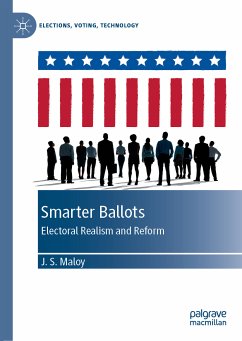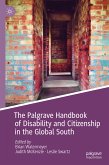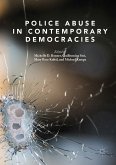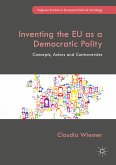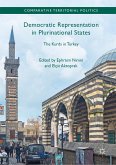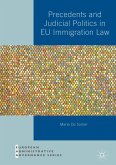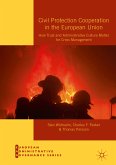This book presents a new democratic theory of election reform, using the tradition of political realism to interrogate and synthesize findings from global elections research and voting theory. In a world of democratic deficits and uncivil societies, political researchers and reformers should prioritize creating smarter ballots before smarter voters. Many democracies' electoral systems impose a dilemma of disempowerment which traps voters between the twin dangers of vote-splitting and "lesser evil" choices, restricting individual expression while degrading systemic accountability. The application of innovative conceptual tools to comparative empirical analysis and previous experimental results reveals that ballot structure is crucial, but often overlooked, in sustaining this dilemma. Multi-mark ballot structures can resolve the dilemma of disempowerment by allowing voters to rank or grade multiple parties or candidates per contest, thereby furnishing democratic citizens with a broader array of options, finer tools of expression, and stronger powers of accountability. Innovative proposals for ranking and grading ballots in both multi-winner and single-winner contests, including referendums, are offered to provoke further experimentation and reform-a process that may help the cause of democratic elections' relevance and survival.
Dieser Download kann aus rechtlichen Gründen nur mit Rechnungsadresse in A, B, BG, CY, CZ, D, DK, EW, E, FIN, F, GR, HR, H, IRL, I, LT, L, LR, M, NL, PL, P, R, S, SLO, SK ausgeliefert werden.

